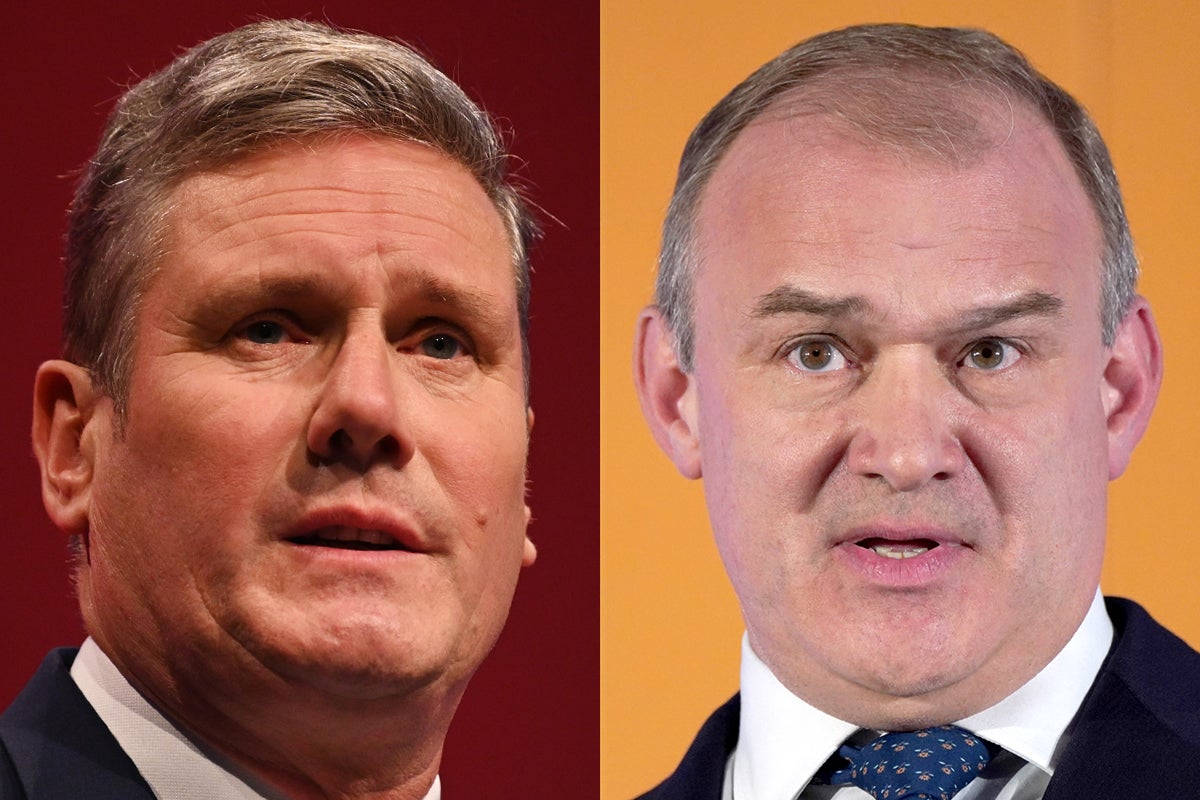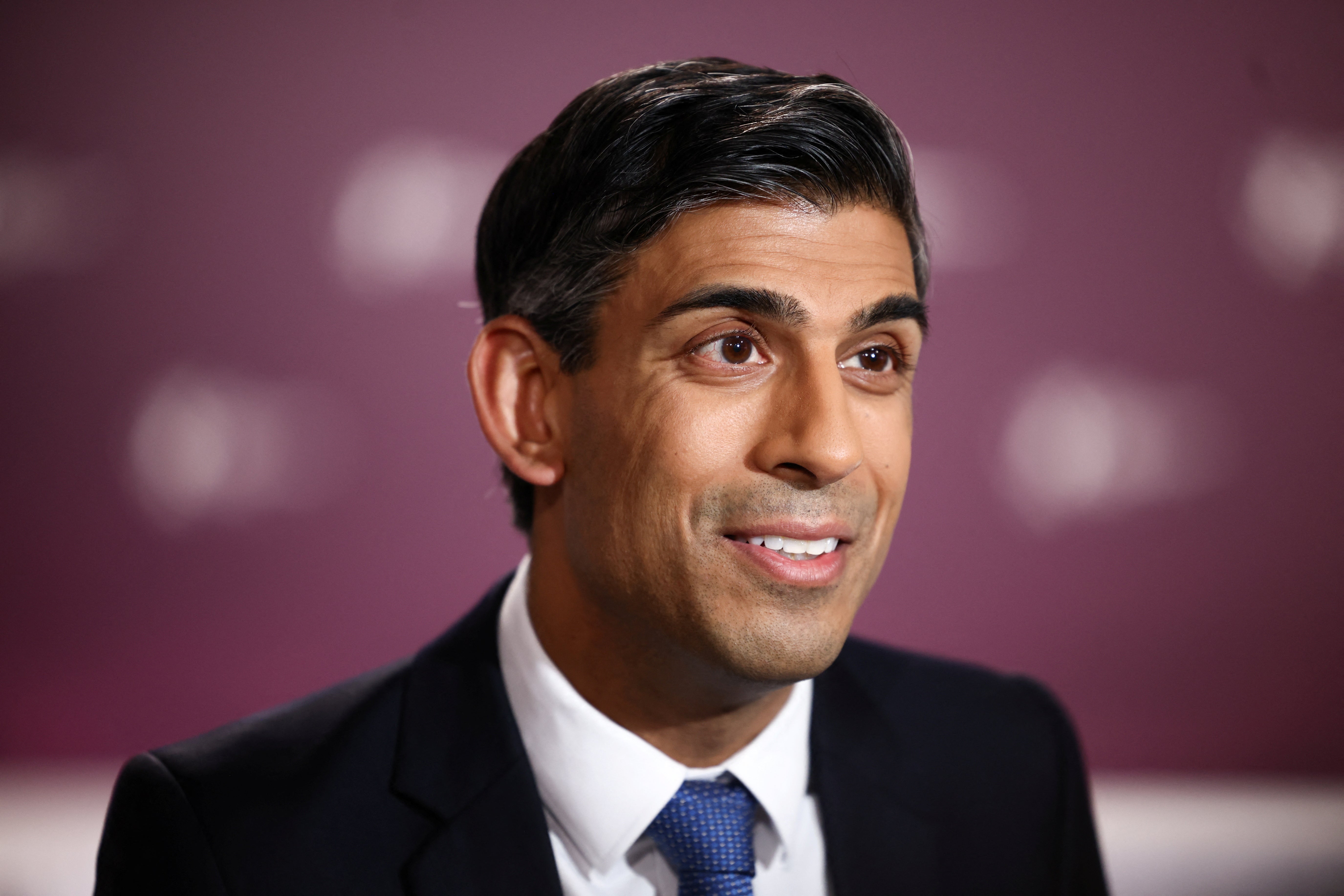
Tactical voting at the local elections this year could see even worse results than expected for the Tories, a polling expert has predicted.
Prof Sir John Curtice suggests that a trend towards “anti-Conservative” tactical voting is likely to continue in the May elections.
He said more tactical voting could be expected in the polls “because it was there in this year’s [2022] elections really for the first time for quite some time”.
“The Liberal Democrats … do they in places where they are the principal challengers to Tories – and of course there is a lot of those kind of places polling next year – do they start to benefit from Labour voters voting tactically for them?” he said.
“That is one of the things we will certainly be on the lookout for in both directions, equally the Labour Party is benefiting from tactical switching by Liberal Democrats,” said Prof Curtice.
He added: “Of course, if that happens then the losses of seats in councils for the Tories may well be notably worse than you might expect.”
Tory peer Lord Hayward said that thanks to the “sheer scale” of the polls taking place across England, Labour, the Tories and the Liberal Democrats are likely to see the local elections as a precursor for the general election.
Thousands of seats across 230 councils in England will face elections on 4 May, as well as four mayoralties. Several English councils which usually elect councillors in a cycle of thirds will instead hold all-out full council elections due to boundary changes.
All 11 Northern Ireland councils go to the polls two weeks later on 18 May, with devolved assembly elections also due to take place following the failure to form a power-sharing executive in Stormont.
Lord Hayward, an election expert, said: “Because of the sheer scale of the number of seats that are up, there is no question that all the political parties will look at the results in May and see the base from which they are working.”
He added: “Politics has been in chaos – and particularly the Conservative Party – in 2022, so each of the parties will look for the very clear indications as to where they stand after this great period of turmoil … they really want this as the solid base for going forward.”
He said the coming local election cycle was the biggest of the four yearly cycles in that there are about 7,000 seats up for the taking, overwhelmingly in England, but not in London, and also in Northern Ireland.
He said that the Tories “did appallingly in the home counties and the other middle class areas, to the benefit of the Lib Dems and residents groups” in past iterations of the same election cycle.

Rishi Sunak needs to make gains in “Remain-oriented, middle class, private sector, well-educated seats that you find in Surrey, Hertfordshire, Warwickshire, Cheshire” in order to build a good base for the general election, said Lord Hayward.
On Keir Starmer and Labour, the peer added: “In the metropolitan districts, given how relatively poorly Labour did, which was then under Jeremy Corbyn’s leadership, they must expect to make a lot of gains … the general expectation for the Labour party should be that they will make gains relative to 2019.”
Prof Curtice claimed that Labour could “maybe” win a majority of seats at Tory-controlled Walsall Council in the West Midlands.
“If Labour are still 20-odd points ahead in the polls come this May, and obviously it is a long way yet, maybe they might just pick up the Wirral on the whole council election, but it won’t be easy.”
Labour supporters have been urged to vote for the Lib Dems in 17 key Tory seats at the next general election as part of an ambitious tactical voting campaign.
The centre-left think tank Compass also identified 43 marginals – shared with The Independent – where Lib Dem backers may consider switching to Labour.
As part of its Win as One campaign, the organisation has drawn up a list of 62 constituencies described as “progressive tragedies” because a Tory candidate triumphed – despite the combined progressive vote being higher than votes for right-wing parties.
The local elections will be the first poll in which voter ID will be required in England, following the passing of the Elections Act 2022.
Independent watchdog the Electoral Commission has raised concerns about the timetable disenfranchising some voters, joining the Local Government Association in calling for the requirements to be delayed.







